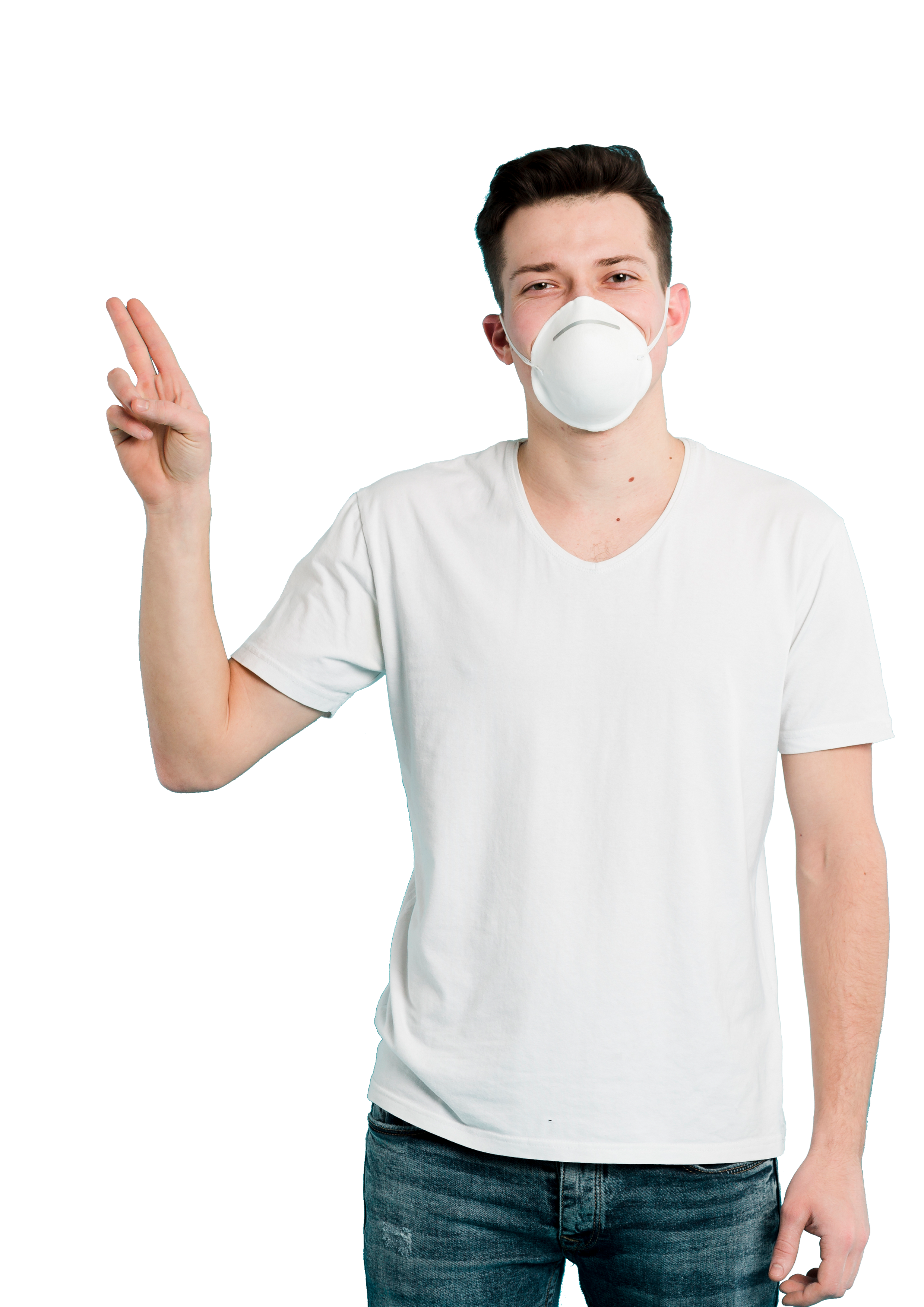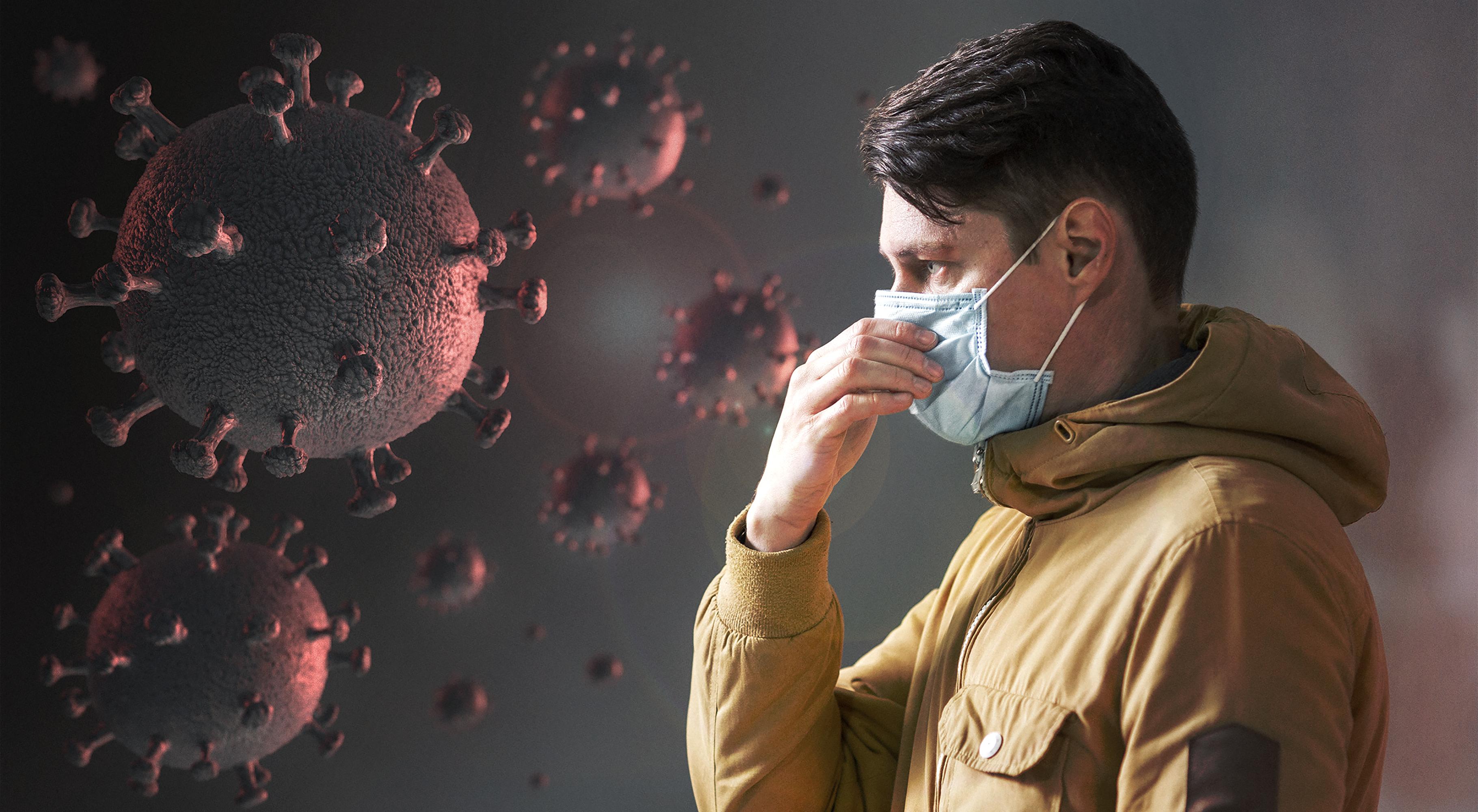Coronavirus’s frequently Asked questions in every traveller’s mind:
Between the recent Coronavirus cases and death rates fall-off, the bad economic situation, unemployment and companies’ layoffs; many countries have decided to relax the quarantine restrictions and reopen border in an optimistic attempt to revitalize the collapsed economy and gradually revive the devastated tourism industry. So, if you have already traveled or intended to, these Coronavirus’s frequently asked questions are your best bet to a beneficial and safe trip.
Is it safe to travel now?
Well, that’s a tricky question. Although most countries have either eased or are willing to ease border restrictions. Resuming international flights is faced with doubts and concerns from the World Health Organisation ( WHO ).“We are seeing an acceleration in many areas and this isn’t over,” said Dr Maria Van Kerkhove, the WHO’s technical lead for COVID-19. “Even in countries that have had the success in suppressing transmission, there is that risk that a resurgence remains,” she added. These statements have proved that ending the quarantine too soon, travelling too much, or reopening borders too early may lead to a quick increase in the daily infected cases. As COVID-19 remains circulating in the population, the risk of a large outbreak will increase, resulting in overwhelming the health care system and vaporizing all our efforts to flatten the curve. Hence, nonessential businesses, trips, and large in-person gatherings are not recommended; unless travelling is a necessity or you are completely 100 % sure– which you can never be- that your destination has low coronavirus cases and apply strict social- distancing measures. Anyway, try to consider the following points before travelling:
• Search the web, find out whether the virus is widespread in your community and your destination or not. If it is, know the neighbourhoods with the largest cases, and try to avoid them.
• Make sure that the place you are staying meets 6-feets social-distancing procedures.
• Are you travelling alone or with family? Are their ages over 60 years? Do any of them have immune/chronic diseases? If so, Don’t bring them. They are most likely will have a heavy course of
the disease.
What precautions should I take while travelling during the Coronavirus disease outbreak?
Since the outburst of Coronavirus, there are two pieces of advice we keep hearing on and on: 1) social-distancing, which doesn’t mean you trap yourself at home or in a hotel room, but at least stay 6 feet apart. 2) wash your hands with soap and water for 20 seconds minimum. Luckily, Coronavirus’s worst nightmare is your cheap soap; they contain surfactants. “Surfactants basically pry open Coronavirus particles and encapsulate viral molecules within micelles suspended in the lather clinging to your hands,” says Thomas Gilbert, an associate professor of
chemistry and chemical biology. “That allows the deactivated viral material to be washed away as you rinse your hands.” In addition to the double s weapon: soap and social- distancing, hand sanitizer that contains at least 60% alcohol can kill germs, Coronavirus included.
Avoid touching surfaces around you, your eyes, nose, or mouth. Last but never least, always wear a face mask. It’s crucial. Never get out without them, they act as a physical barrier between you and
other viral and bacterial particulates that may spread by coughing or touching others.

What is the safest mode of transportation during a pandemic?
Generally, you should avoid public transportations. If it’s a short-distance trip, rent a private car. You and your family will be the only ones using the vehicle, which lessens the risk of exposure to infection. Moreover, It’s easier to clean the steering wheel, dashboard and other surfaces. Plus, the 6-feet social-distancing anxiety won’t be a problem any more. However, not everyone has his own car or affords to rent one, If so, use a public transportation. Do it at off-peak times, and wait for other passengers to get off before boarding. If you have a long-distance trip, consider airplanes; they aren’t risk-free, but when taking properprecautions, they become safe and comfortable.
What should I pack?
Pack gloves, masks, 60% alcohol-based hand sanitizers, disinfectant wipes, vitamins C / Zinc supplements. Also, bring non-perishable canned food and bottled water so you avert making stops for water or food.
How to be protected while eating at restaurants?
Fortunately, Coronavirus can’t be transmitted via food, Nevertheless, the risk of becoming infected with it at restaurants isn’t low. Many customers and employees congregate in restaurants, leading to a high risk of infection. Therefore, you should make sure that the place you are dining in follows strict precautionary measures and all the employees are wearing face masks. It’s important as well to observe the tables and chairs, notice how far the chairs lie apart, and whether the restaurant maintain social-distancing procedures or not. Never forget to Keep hand-sanitizers close. Rub them on your hands before and after eating, and while eating avoid touching your face.
If I want to rent a car what precautions should I take?
Even though renting a private car is considered the safest transportation method for plenty of reasons, there are specific rules you need to follow if you want it to be 100% safe. First, clean the car with fabric and materials compatible disinfectant. Second, self-park the car, staying clear of valet service will help limit your contact with others. Last, keep the windows open so that air can circulate inside the car.
What shall I do if I felt COVID-19 symptoms? What are the first
symptoms? And When to go to the hospital?
One of the reasons why Coronavirus is a serious pandemic is that it doesn’t have definite symptoms. Apart from PCR tests, the disease can be easily mistaken for seasonal flu or any other respiratory
illness. To make matters worse, numerous recorded COVID-19 cases, who were tested positive for coronavirus disease, didn’t show any symptoms. The thing that made detection of the disease a little bit tricky. Some cases showed signs of fever, dry cough and shortness of breath, others showed cold/flu symptoms. Centres for Disease Control and Prevention ( CDC ) has included sore throat, headache, fatigue, muscle or body aches, runny nose, nausea, vomiting, diarrhoea in possible COVID-19 symptoms. Later, it was announced that loss or changed sense of smell or taste is to be officially added to Coronavirus symptoms. Assuming you felt any or all of the above you should:
1) Stay at home. Don’t panic, most COVID-19 patients have mild illness and don’t need medical intervene.
2) Get some rest and stay hydrated. Some supplements like vitamin c and zinc can help your immune system fight the disease. Zinc acts as a messenger for the immune system. It functions as an intracellular signal molecule for the body’s defence cells. It reduces the level of cytokines, harmful chemicals, to the body. Vitamin C promotes the growth of lymphocytes, which in return attack foreign substances that invade your body and try to affect it.
3) Self-isolate as much as possible, stay in a specific room away from other people and use a separate bathroom, if possible. Always wear face masks around people. Don’t share dishes, eating utensils, towels, pillows or other items with other people in your home. After using these items, you should wash them thoroughly with soap and water.
4) Get a PCR test only if you are exposed to the virus or had close contact with a confirmed case.
5) Follow care instructions from your healthcare provider and local health department.
6) Seek emergency medical care immediately when you have trouble breathing, Persistent pain or pressure in the chest, new confusion, Inability to stay awake or bluish lips or face.

